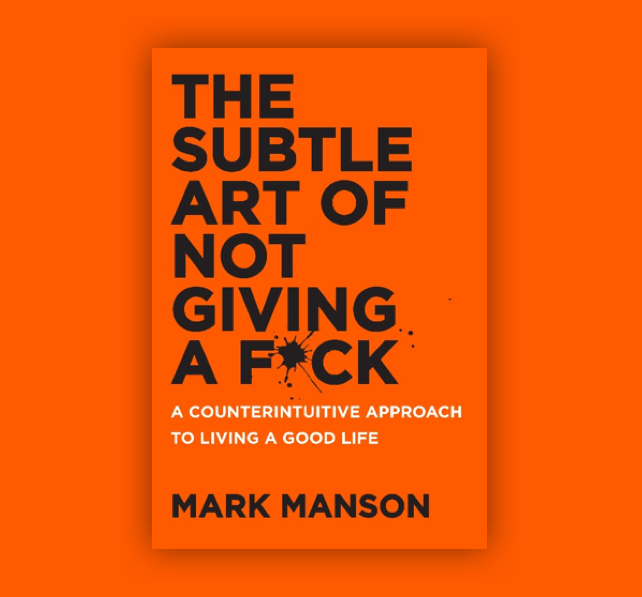When I was 19-years-old my self-image wasn’t the greatest. I saw myself as lazy and unmotivated; as someone who hadn’t achieved much and as a general failure. Now I am not going to give a speech about how this was harmful because yeah of course… But I’m here to tell you that this self-image was largely justified, until I discovered a little space on YouTube dedicated to self-improvement and to being productive.
This to me was amazing. I started reading; I started experimenting; and I tried to emulate the people I was watching. If you go back to my first few Rising East articles you will see that this is true.
I started sharing videos with friends, and I shared my journey with people in blog form. Everything was going great. I was learning more; exercising more; exploring more; and creating more. But then things began to go wrong. Why? Because I began to worry that I was not good enough at self improvement!
I began chasing some imagined ideal and would admonish myself when I chose something for fun and pleasure and not as a means to “self-improving”. I couldn’t read books for the sake of learning or just for fun. They had to be “actionable” or “useful” to me.
As soon as I became aware of this pattern within myself, I sought out ideas that echoed that. Thinkers such as Mark Manson argue that self-improvement is paradoxical because of the way it constantly reinforces the idea that there is something that needs improving in the first place! The process leads to an imagined ideal of ourself that we have to achieve because we weren’t enough as we were.
Manson explores similar ideas in his book The Subtle Art of Not Giving A F*ck. In it he argues that chasing after things like affirmation and external goals within a pursuit of ‘happiness’ just reinforces the idea that we are not that thing we seek – happy! “The pursuit of a positive experience is itself a negative experience”, writes Manson.
It is not that Manson does not value learning and self-improvement; but he thinks we should not engage in either as a means to an end, but instead see them as an end in themselves, which add meaning. Another writer I like is the stoic Ryan Holiday who believes we should focus on learning in order to achieve clarity and an enhanced state of mind rather than live according to external metrics. The important goals to his mind are the ones within reach, such as the ability to reason.
As a former self-help junkie, my advice is to take it all with a pinch of salt and to weed out the hypocritical ones. The very nature of what some of them do means they don’t practice what they preach. “Make time for play”, says one YouTuber while churning out two or three quality videos with God knows how many camera angles every week. “I’ve wasted my life”, says another YouTuber whose brand is built on the promise “I’m going to help you get your life together”. And my personal favourite is the self-improvement YouTuber whose slogan is “Self-improvement is ruining your life”.
It’s not that there is any malice in what they do. In fact some have helped me a lot. But the irony is that when you enter the self-help arena, in order to develop that self-awareness that you are looking for, you need to be pretty self-aware already – in order to avoid some of the traps that are set for you!




